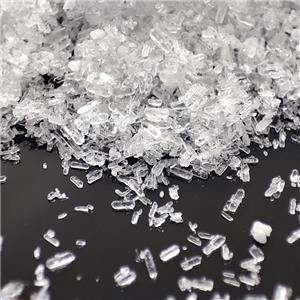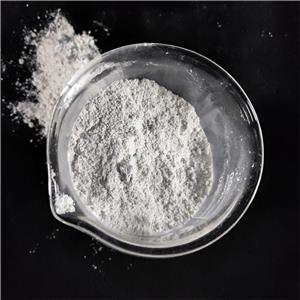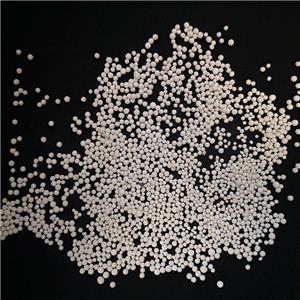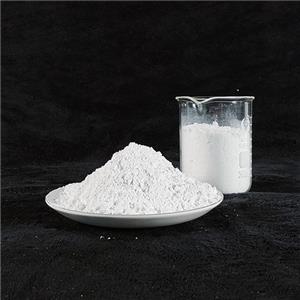What is magnesium hydroxide used for in agriculture?
Uses of Magnesium Hydroxide in Agriculture
Magnesium hydrate serves multiple purposes in agriculture, primarily as a soil amendment, a magnesium fertilizer, and a pH regulator. Below are the key uses of magnesium hydroxide in agriculture:
1. Soil Amendment
Magnesium hydroxide is used to improve soil structure and fertility. It helps to:
Supply Magnesium: Magnesium is an essential nutrient for plants, playing a critical role in chlorophyll production, enzyme activation, and nutrient uptake. Magnesium hydrate provides a slow-release source of magnesium, ensuring long-term availability to plants.
Enhance Soil Structure: By improving soil aggregation, magnesium hydroxide promotes better water infiltration and root penetration.
Reduce Soil Acidity: Magnesium hydroxide acts as a liming agent, neutralizing acidic soils and raising soil pH to optimal levels (6.0-7.0). This is particularly beneficial in regions with acidic soils, where aluminum (Al) and manganese (Mn) toxicity can inhibit plant growth.
2. Magnesium Fertilizer
Magnesium hydroxide is an effective source of magnesium for crops. It is particularly useful in soils with magnesium deficiency, which is common in sandy, acidic, or highly leached soils. Key benefits include:
Correcting Magnesium Deficiency: Magnesium hydrate addresses interveinal chlorosis (yellowing of leaves) and other symptoms of magnesium deficiency, improving plant health and productivity.
Promoting Photosynthesis: By supplying magnesium, magnesium hydroxide enhances chlorophyll production and photosynthetic efficiency, leading to better growth and higher yields.
Supporting Nutrient Uptake: Magnesium facilitates the uptake and transport of other essential nutrients, such as phosphorus (P) and nitrogen (N), within plants.
3. PH Regulation
Magnesium hydroxide is widely used as a liming agent to neutralize soil acidity. Acidic soils (pH < 6.0) can limit nutrient availability and increase the solubility of toxic elements like aluminum and manganese. Magnesium hydrate helps to:
Raise Soil pH: By neutralizing hydrogen ions (H⁺) in the soil, magnesium hydroxide increases soil pH, creating a more favorable environment for plant growth.
Improve Nutrient Availability: Raising soil pH enhances the availability of essential nutrients, such as phosphorus, calcium (Ca), and magnesium, while reducing the toxicity of aluminum and manganese.
Support Microbial Activity: Optimal soil pH promotes beneficial microbial activity, which is essential for nutrient cycling and organic matter decomposition.
4. Animal Feed Supplement
Magnesium hydrate is also used as a dietary supplement for livestock. It provides magnesium, which is essential for animal health, and helps to:
Prevent Magnesium Deficiency: In ruminants, magnesium deficiency can lead to grass tetany, a condition characterized by muscle tremors, convulsions, and death. Magnesium hydroxide supplementation prevents this condition.
Aid Digestion: Magnesium hydrate acts as an antacid, neutralizing excess stomach acid and improving digestion in livestock.
5. Wastewater Treatment in Agriculture
In agricultural operations, magnesium hydroxide is used to treat wastewater and runoff. It helps to:
Neutralize Acidic Wastewater: Magnesium hydrate is effective in neutralizing acidic wastewater from livestock operations or processing facilities.
Remove Heavy Metals: Magnesium hydrate precipitates heavy metals, such as cadmium (Cd) and lead (Pb), from wastewater, reducing environmental contamination.
Control Odors: By neutralizing acidic compounds, magnesium hydroxide helps to control odors in livestock waste.




